VR Flight Simulator
Elevate your flying experience with Simbott’s VR flight simulator – the pinnacle of realism and immersion for pilots. Experience unparalleled training and simulation in a state-of-the-art virtual environment.
We are trusted by



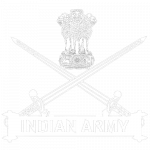
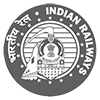
Schedule A Free Demo
Simbott VR Flight Simulator
Whether you’re a beginner or an experienced pilot, Simbott is the perfect choice for you. With our VR flight simulator, you’ll be able to fly anywhere in the world, in any aircraft, at any time! Not only is it an immersive and realistic experience, but it also saves pilots time and money and allows them to practice essential maneuvers and strategies safely and conveniently. Contact us now!

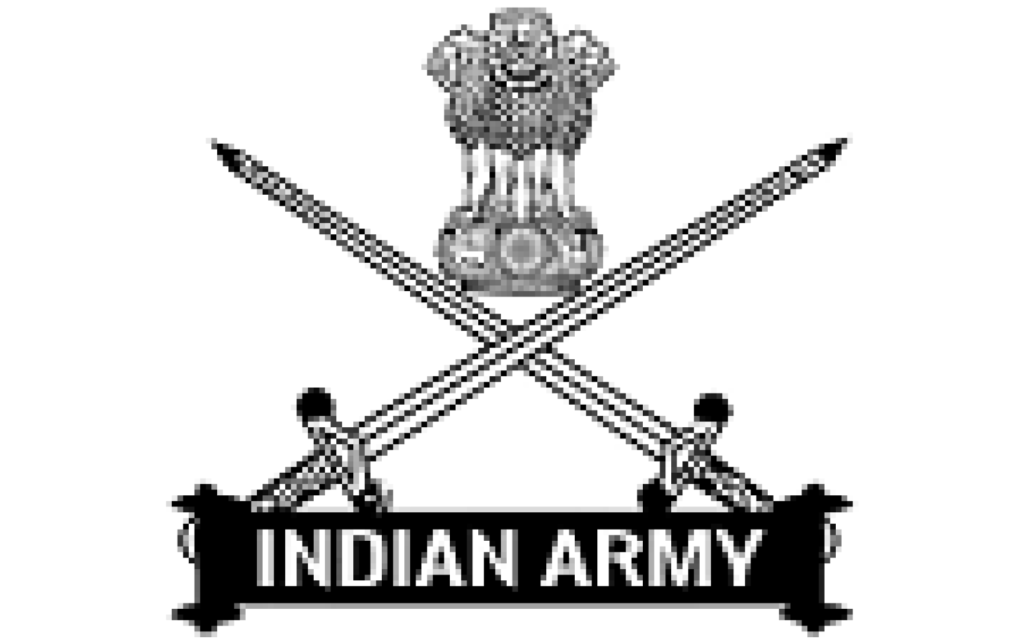

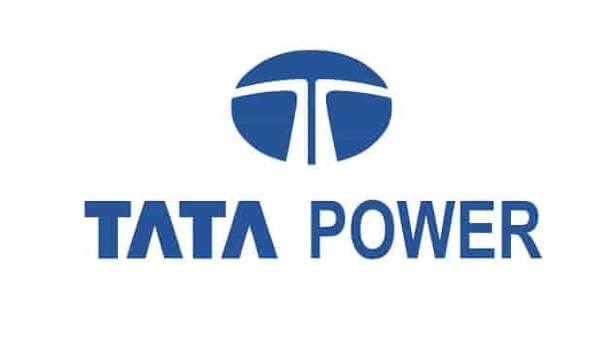
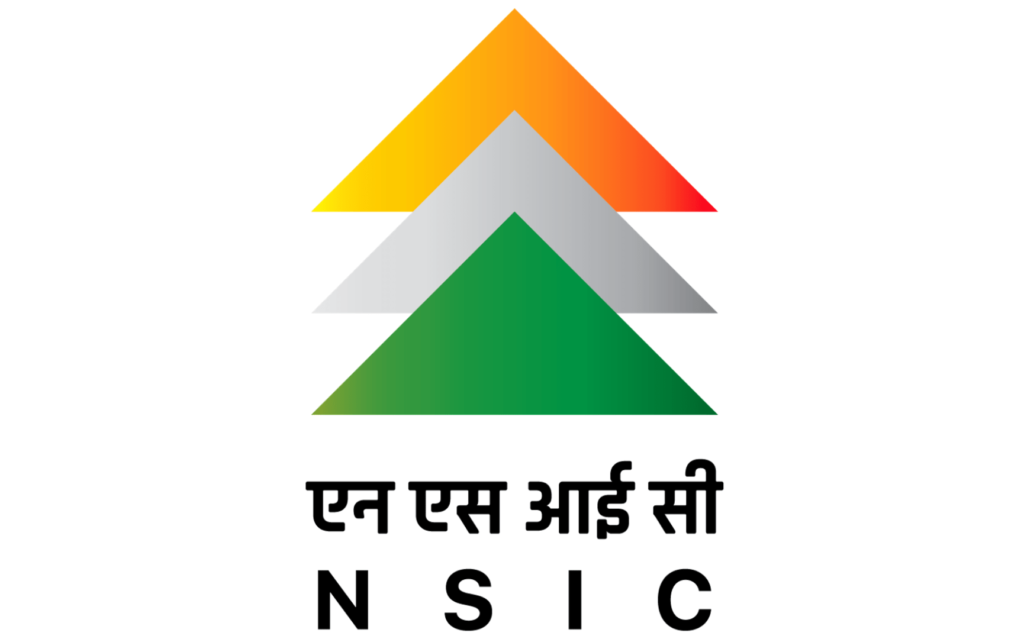

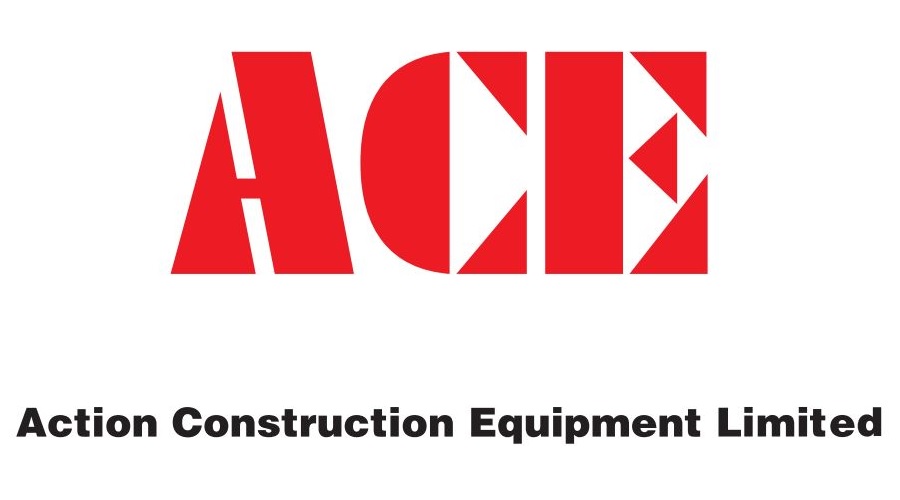




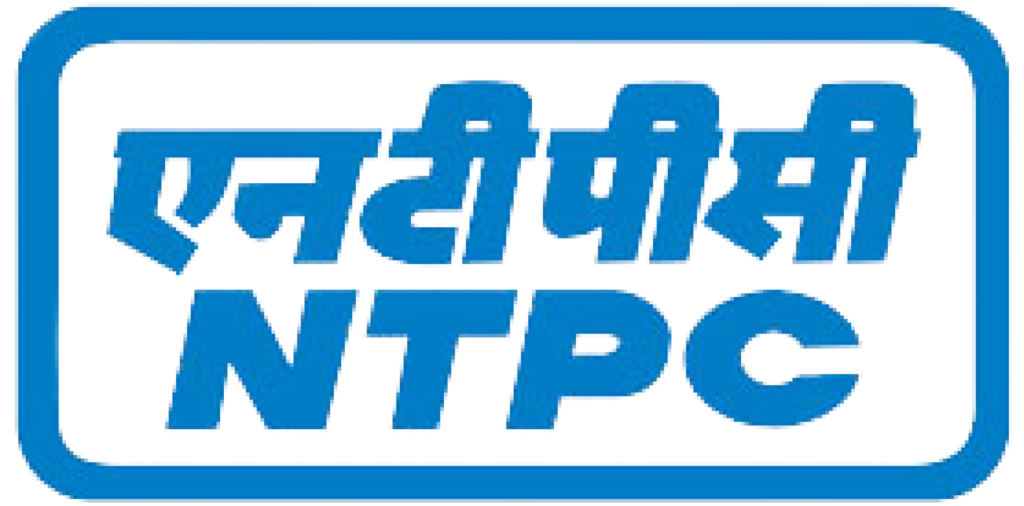

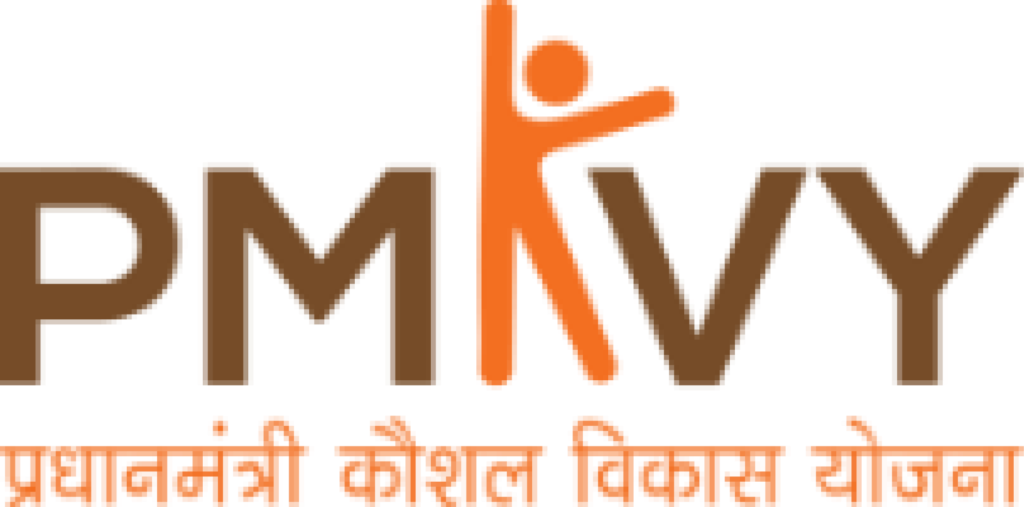


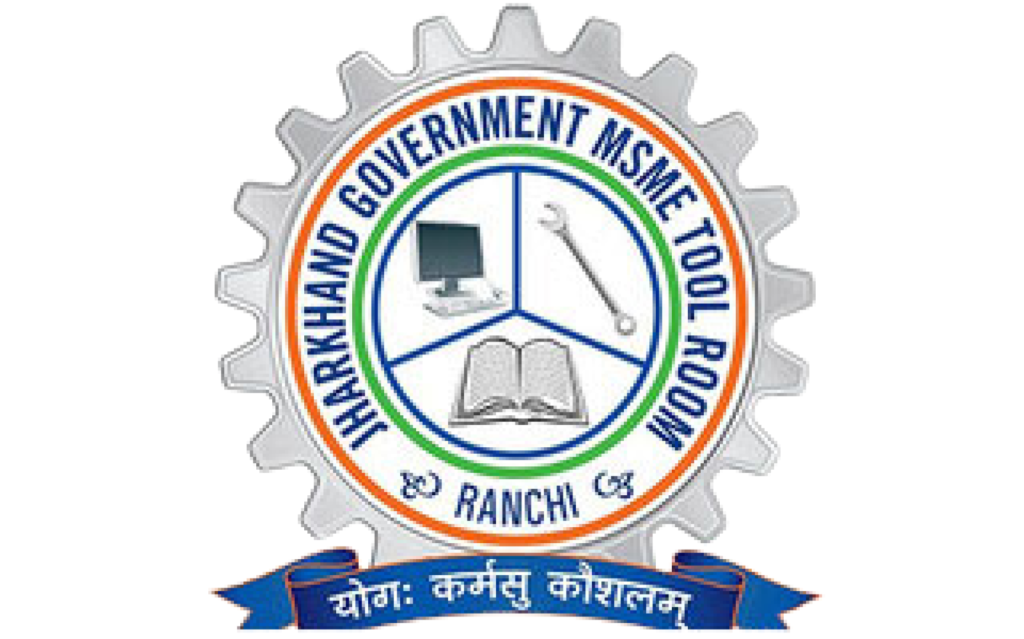
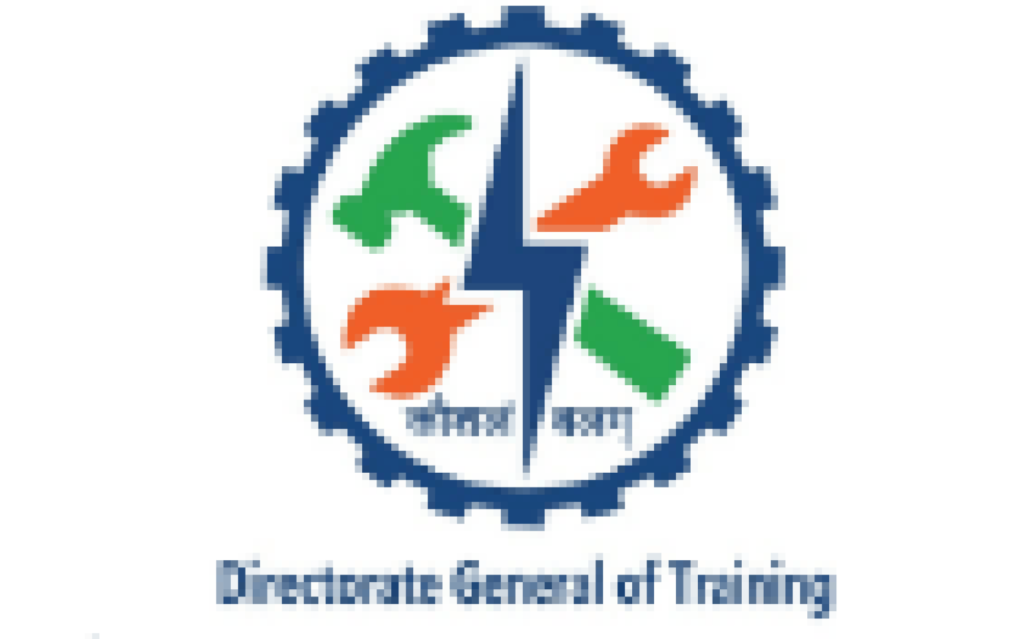
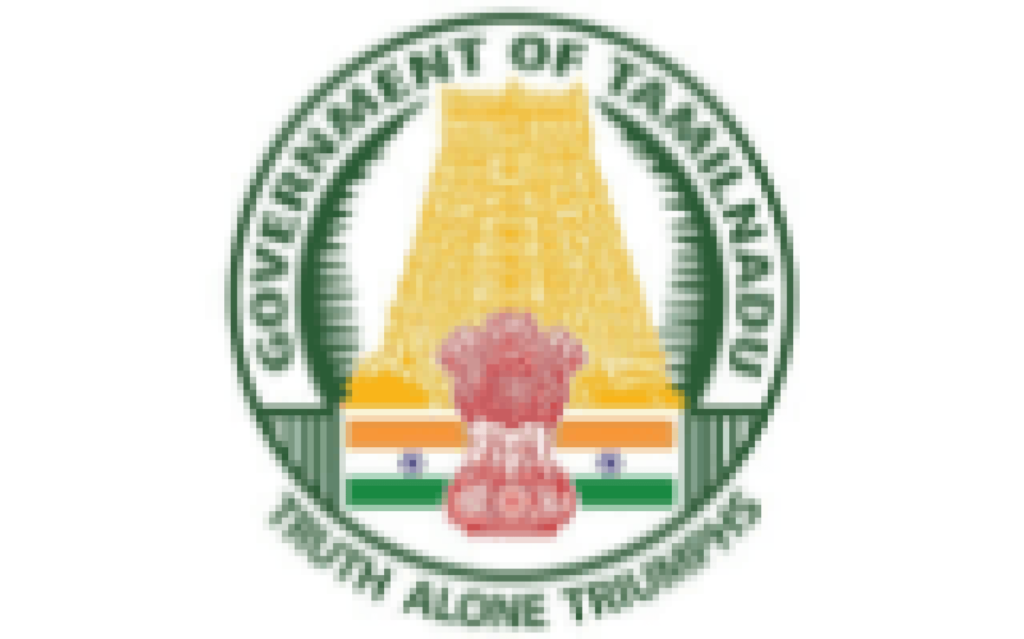
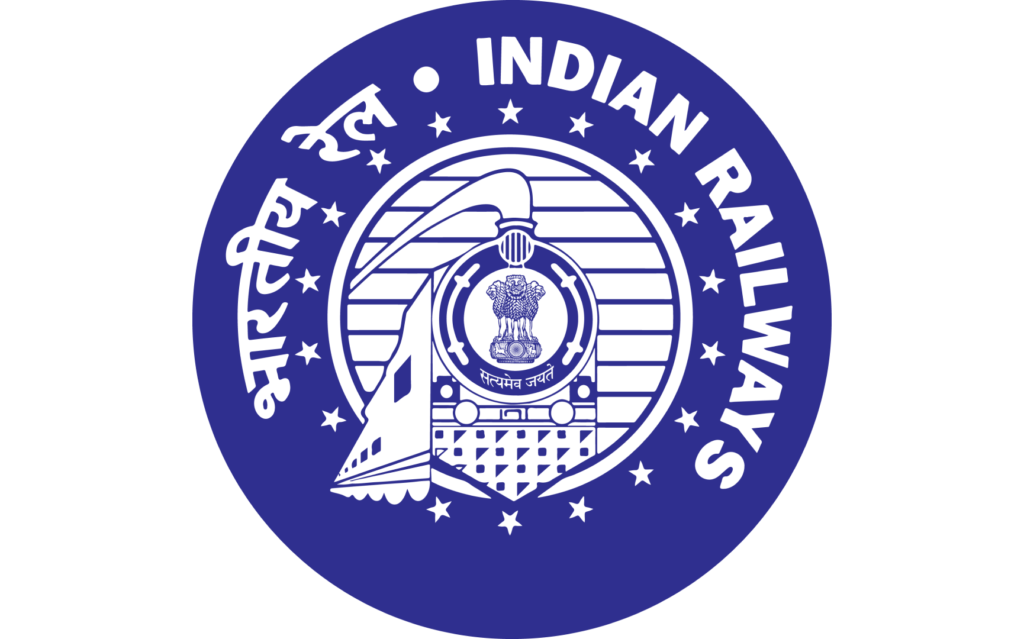
Features of our Virtual Reality Flight Simulator
A VR flight training simulator is a virtual reality platform designed to simulate flight experiences and provide training to users on various aspects of aviation. Some of the features of a VR flight simulator include:
Realistic & easy to use
Our VR flight simulator provides a fully immersive environment that simulates the look and feel of a real flight experience. The simulation can include various aircraft models, airports, weather conditions, and landscapes.
Our flight physics engine is designed to accurately simulate the behaviour of aircraft, such as lift, drag, gravity, and wind.
t provides interactive flight scenarios that require users to fly the aircraft and perform tasks such as takeoff, landing, navigation, and emergency procedures.
Providing flight training with safety to students
It provides training modules on various aspects of aviation, such as instrument flying, radio communications, and aircraft systems.
It can provide customizable aircraft options, allowing users to select different types of planes, engines, and avionics.
It allows multiple users to participate in the simulation, creating a collaborative learning experience.
Resolve the issues quickly and effectively without having to delay the flight and thereby avoid staying grounded.
VR Flight training at all the situations
It can integrate real-time weather data, providing users with a more realistic flight experience
t can record and playback flights, allowing users to review their performance and improve their skills.
It provides interactive ATC communication, allowing users to practice their radio communications skills.
5 Benefits of using VR Flight Simulator
- 1. Improve your skills
One of the primary benefits of using a VR flight simulator is that it can help you to improve your flying skills. A VR simulator can provide a realistic flying experience that can help you better understand how to control an aircraft. Additionally, a VR simulator can help you become familiar with different aircraft types and flying conditions.
- 2. Save money
Another benefit of using a VR flight simulator is that it can help you to save money. Renting or purchasing a traditional flight simulator can be pretty expensive. However, the cost of a VR flight simulator is often much more affordable. Additionally, you may also be able to find free VR simulators online.
- 3. No weather concerns
Weather conditions can often be a significant concern for pilots. However, when you use a VR flight simulator, weather conditions are not a concern as you can fly in any type of weather condition. This can be highly beneficial as it allows you to practice flying in different weather conditions without having to worry about the safety concerns associated with real-world weather conditions.
- 4. Increased safety
Using a VR flight simulator can also help to increase safety as it can help you to become familiar with different aspects of flying an aircraft. For example, a VR simulator can help you learn about take-off and landing procedures, as well as how to navigate different terrain. Additionally, a VR simulator can help you become familiar with emergency procedures if something goes wrong while flying an aircraft.
- 5. More fun
Last but not least, using a VR flight simulator can be more fun than a traditional flight simulator. This is because VR simulators provide a more immersive experience that can make flying an aircraft more enjoyable. Additionally, many VR simulators have additional features, such as multiplayer support and custom scenery, that can enhance the overall experience.
Let's explore Virtual Reality in Safety Trainings.
Have any Questions ?
What is VR flight simulation?
VR flight simulation is a virtual reality-based training method that replicates the experience of flying an aircraft. Pilots wear VR headsets to immerse themselves in realistic virtual environments, allowing them to practice and enhance their flying skills in a simulated, risk-free setting.
What is a VR aeroplane simulator?
A VR aeroplane simulator is a virtual reality system that mimics the experience of piloting an aircraft. Users wear VR headsets to enter a lifelike virtual environment, where they can practice flying skills, navigate cockpit controls, and simulate various flight scenarios for training or entertainment purposes.
Is a Home flight simulator worth it?
Having a home flight simulator can be worth it for aviation enthusiasts, aspiring pilots, or those seeking additional practice. It offers a cost-effective way to simulate flying experiences, practice skills, and enjoy aviation-related activities. The decision depends on individual interests, goals, and the level of commitment to simulated flight experiences.
Do pilots train with flight simulators?
Yes, pilots extensively train with flight simulators. Flight simulators replicate real-world flying conditions, allowing pilots to practice various scenarios, emergency procedures, and hone their skills in a controlled environment. This training enhances their proficiency, decision-making, and overall readiness for actual flights.
What simulator do pilots use?
Pilots often use flight simulators, including VR airplane simulators. These simulators replicate real-world flying conditions, allowing pilots to practice and refine their skills. VR technology enhances the experience by providing an immersive virtual environment, enabling pilots to simulate flights and scenarios with increased realism and practicality.

